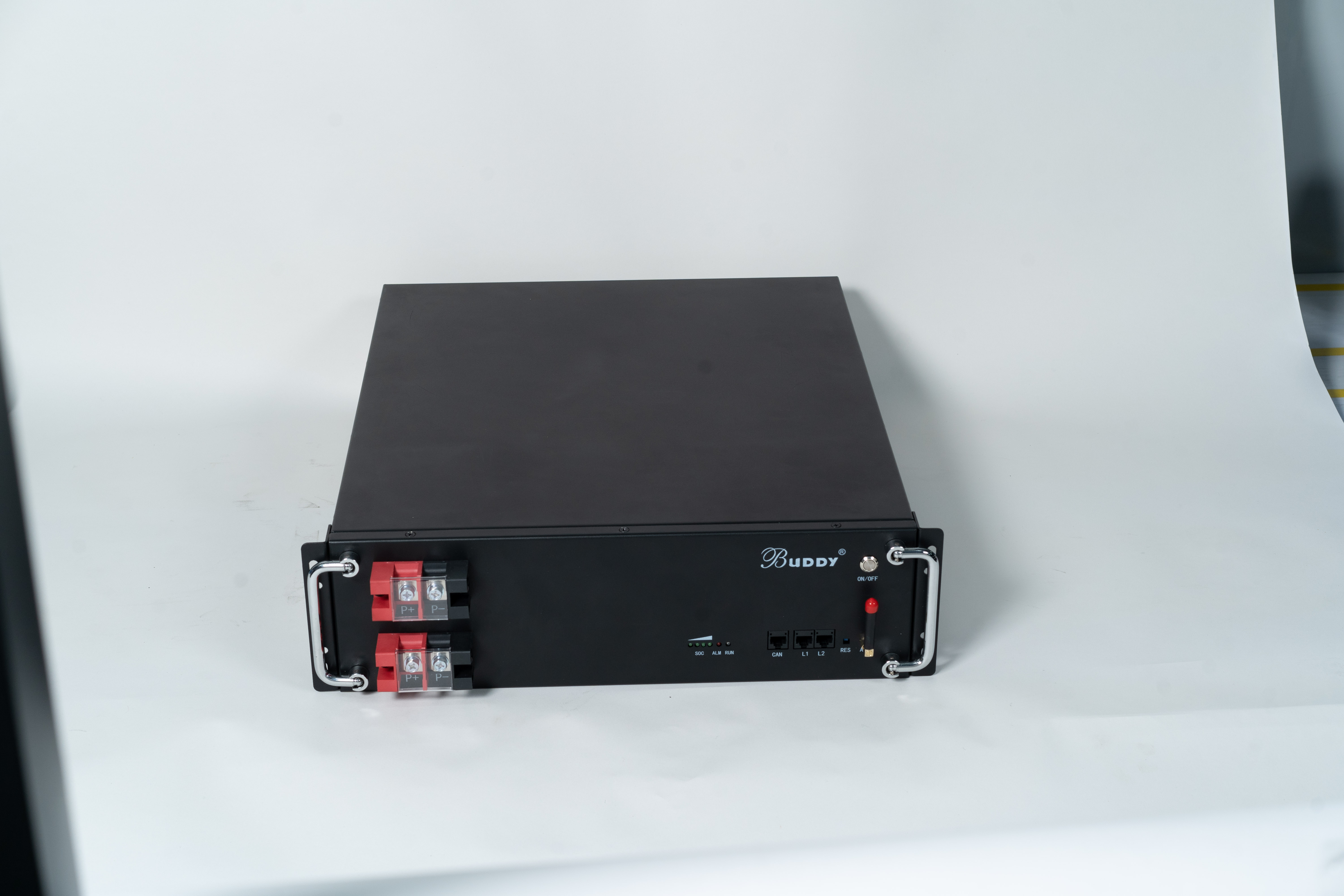Uninterruptible Power Supply (UPS) systems are crucial for ensuring continuous and uninterrupted power to vital equipment and systems in various industries. One of the most commonly used energy storage devices in UPS systems is the lead acid battery. This article will delve into the details of lead acid batteries, their advantages, and their role in UPS applications.

Overview of Lead Acid Batteries
Lead acid batteries, also known as valve-regulated lead acid (VRLA) batteries, are the most widely used type of rechargeable battery. They have been extensively used in applications such as automotive starting, lighting, and emergency power systems. These batteries are known for their robustness, reliability, and cost-effectiveness.
Working Principle of Lead Acid Batteries
A lead acid battery consists of two electrodes, an anode (positive plate) and a cathode (negative plate), immersed in an electrolyte solution. The electrodes are made of lead and lead dioxide respectively. During the charging process, the lead acid battery converts chemical energy into electrical energy. The anode undergoes oxidation, releasing electrons, while the cathode undergoes reduction, accepting electrons. These electrons flow through an external circuit, providing power to the connected load.
Advantages of Lead Acid Batteries for UPS
1. Cost-Effectiveness: Lead acid batteries are relatively inexpensive compared to other types of batteries, making them a popular choice for UPS applications, especially for large-scale systems.
2. Long Life and Reliability: Lead acid batteries have a long lifespan and are known for their reliability. They can withstand numerous charge-discharge cycles, making them suitable for UPS systems that require continuous operation.
3. High Energy Density: Lead acid batteries have a high energy density, which means they can store a large amount of energy relative to their size and weight. This property is crucial for UPS applications where space is often limited.
4. Widely Available: Lead acid batteries are widely available in the market, making them easy to procure and maintain.
5. Temperature Tolerance: Lead acid batteries can operate effectively over a wide range of temperatures, making them suitable for various environments.
Role of Lead Acid Batteries in UPS
UPS systems are designed to provide instantaneous power backup in the event of a grid failure or voltage fluctuations. Lead acid batteries play a vital role in this process:
1. Power Transfer: When the grid power fails, the lead acid battery automatically takes over, providing power to the connected load without any interruption.
2. Power Conditioning: UPS systems often require clean and stable power for critical loads. Lead acid batteries help in filtering out any disturbances or harmonics in the power supply.
3. Time Critical Operations: In applications such as data centers, hospitals, and financial institutions, lead acid batteries ensure that critical operations are not interrupted, providing enough time to shut down systems properly or continue operations during grid failures.Maintenance and Safety
Lead acid batteries require regular maintenance to ensure optimal performance and longevity. This includes:
1. Electrolyte Level Monitoring: The electrolyte level must be maintained at the recommended level to prevent the battery plates from drying out.
2. Equalization: Periodic equalization充电 (charging) is required to balance the cell voltages and extend the battery life.
3. Temperature Control: Lead acid batteries should be operated within a specific temperature range to prevent overheating and reduce battery wear.
4. Checking for Leaks: Regularly inspect the battery for any leaks or damage to the casings.
5. State of Charge Monitoring: Monitoring the state of charge of the battery is essential to avoid undercharging or overcharging, which can缩短电池寿命 (shorten battery life).
In conclusion, lead acid batteries continue to be a reliable and cost-effective solution for UPS applications. Their robustness, long life, and high energy density make them suitable for a wide range of industries. However, it is essential to follow proper maintenance procedures to ensure their optimal performance and longevity. With proper care, lead acid batteries can provide reliable power backup solutions for years to come.